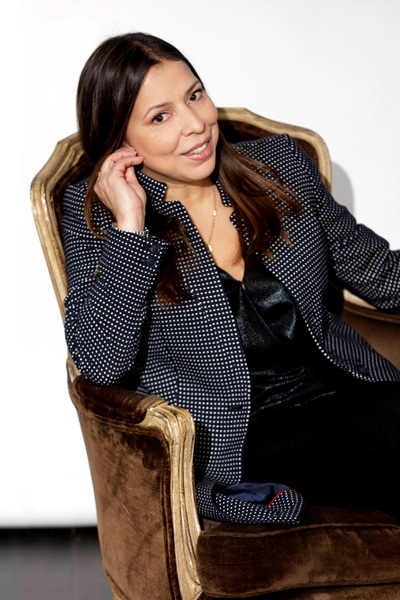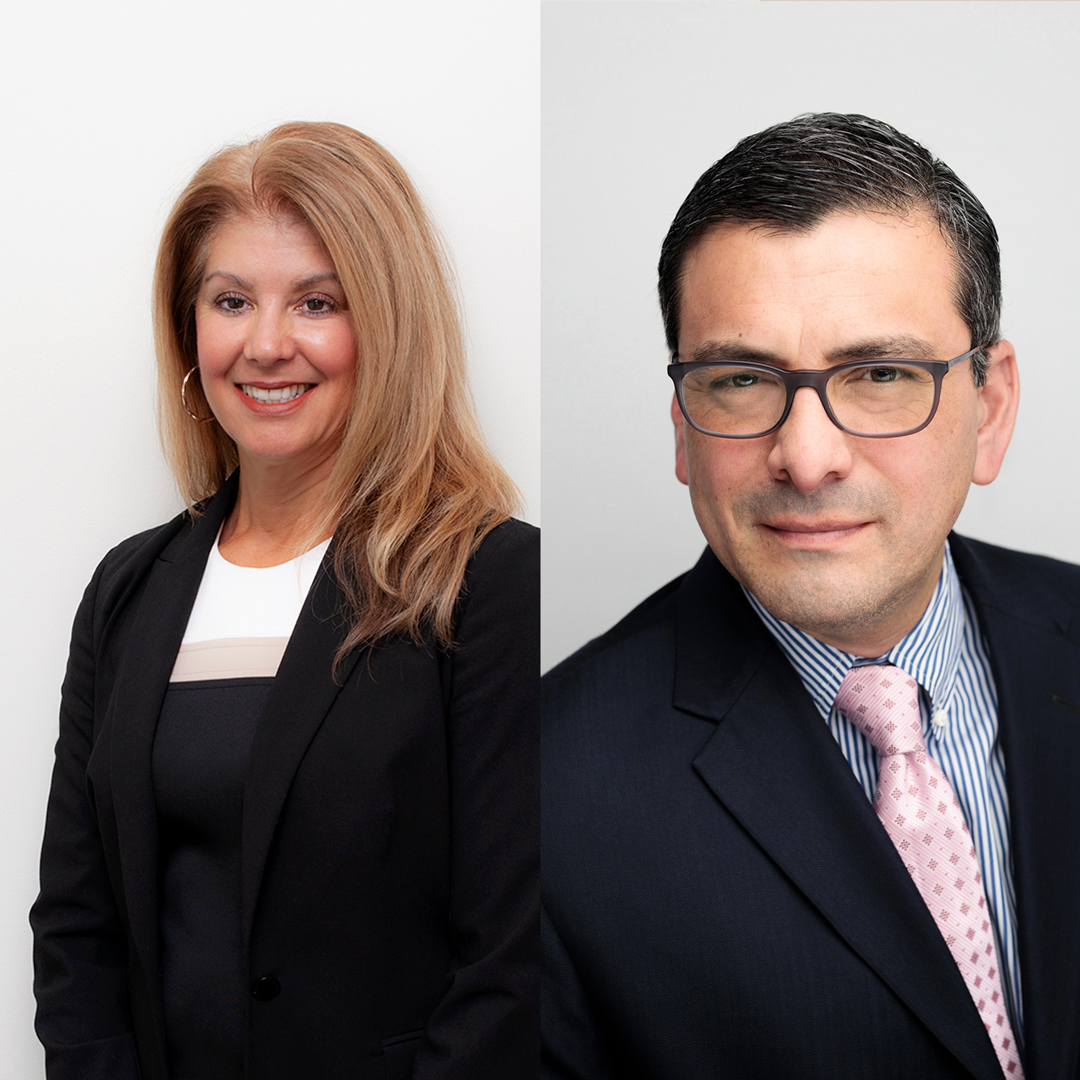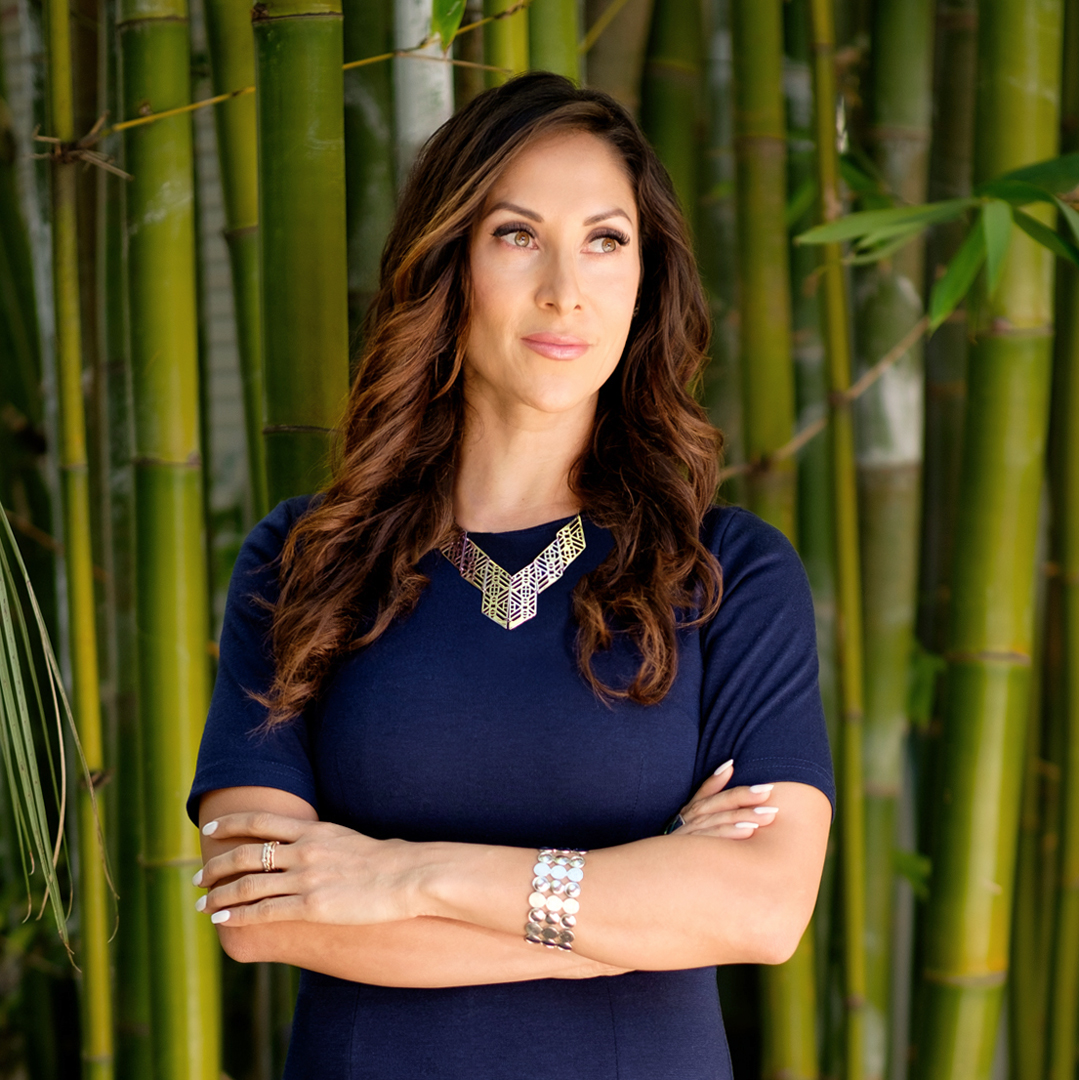|
Getting your Trinity Audio player ready...
|
Over the course of her life and career, Sandra Cardona’s experiences taught her to value adaptability and self-awareness. As she became an architect and then stepped into her current role as vice president of development and capital planning at Hersha Hospitality Trust, Cardona increasingly assumed more responsibility. In doing so, she learned to draw from her past in shaping her leadership style today.
A native New Yorker, Cardona was born in East Harlem and grew up in the Bronx. “I was surrounded by people who spoke their minds and were not afraid of confrontation,” she says, which helped her ultimately forge her own unwavering sense of self. Cardona credits her parents in having the strongest influence on her. She says that her mother always believed in her and that her father led by example through his own work ethic. He immigrated to East Harlem from Puerto Rico when he was a teenager, and she recalls that he always worked multiple jobs, gaining additional skills and responsibilities along the way—just as Cardona has throughout her career.

When she was eleven, her father was the live-in superintendent of an apartment building. Cardona would do odd jobs for him, such as shoveling snow and taking out trash. She says that this not only helped her develop a strong work ethic, but it also gave her “a sense of pride in layman’s work,” she says. “Every task counts, and the people furthest behind the scenes make such an impact.”
In college, Cardona first pursued art, then switched gears to architecture. She held various jobs while earning her degree, and at one point was working forty hours per week as a pharmacy tech while also enrolled as a full-time student. Despite bearing a heavy workload herself, Cardona never lost sight of gratitude for those who helped her along the way. She describes her supervisor at the pharmacy, Michael Guckenberger, as an inspiration. He was flexible regarding her schedule—she could sign up for the classes she needed during the day and take evening shifts at the pharmacy. “Guckenberger knew I was working and going to school. He was so generous with advice and really cared,” she says.
As an architecture student, Cardona says that she was eager to begin working in her field. She worked for several design firms, some of which focused on hospitality. Then, in 2004, she became a client representative at Hersha Hospitality Trust, a real estate investment trust that owns and operates upscale hotels. “I was simultaneously drawn to both design and the managerial side of projects,” she says. When she transitioned even further into managerial duties in her current role, Cardona explains that the wide array of people she has known in both her personal and professional lives became assets in developing her ability to empathize with so many different people on a daily basis. Because she works with executives, contractors, and many others, Cardona emphasizes the importance of adapting her communication to fit her audience.
“You need to tailor leading someone to their skill sets and abilities. Otherwise, you can become stagnant with a one-size-fits-all approach.”
She is also mindful of how different leadership styles work best for different people. Noting that not everyone thrives under the same direction, she credits this awareness as critical to her evolution as a leader. “You need to tailor leading someone to their skill sets and abilities. Otherwise, you can become stagnant with a one-size-fits-all approach,” she says. At first, Cardona admits that she found it difficult delegating tasks to others and trusting that the work would get done, but she recognized that approach as unsustainable and actively worked to overcome the mindset. “I see the concept of a leadership style as a ‘work in progress,’ which leaves room for me to grow,” she says. Thinking of those she admires, Cardona values the ability to evolve and approach each situation within its context. This flexibility, she says, is the mark of someone who is truly secure and generous.
Cardona stresses that it is also important to strike a balance between work and life. “When I’m home I try to be present and fill my life with good times and laughter,” she says, noting that she enjoys painting and cooking.
Finding satisfaction in her personal life allows her to not only rise to challenges, but seek them out in her professional life. For Cardona, an openness to uncertainty has always been the gateway to new experiences. She says, “I’m not afraid to take risks. This has allowed me the freedom I needed to advance. I never asked if something was too hard.”
Advice to Fellow Latinas
Cardona feels well-respected professionally, though some people may be surprised to see a Hispanic woman in her role. Her advice for others is to focus on acquiring the skills and traits necessary to be invaluable. “Part of this self-development should also hone in on how you present yourself, your personal style within the context of your work environment, and your interpersonal skills,” she says.
On career advancement, Cardona says, “The stats prove that women work harder and are paid less than their male counterparts, primarily because they are not negotiating for a higher starting salary, nor requesting a raise or promotion when due. Understanding what you’re worth and learning how to be your own advocate has to become the new norm.”
She continues, “Overall, be prepared for the fact that you will have setbacks that may or may not relate to your gender or race. How you navigate through these challenges can significantly alter your course. Counter this by being both proactive and strategic: seek out a mentor or join a professional chapter in your community.”

